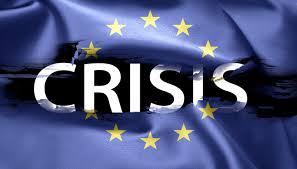 As Europe seems resigned to the perpetuation of the Euro Crisis, with its authorities in a state of permanent paralysis (with only the ECB trying, and failing, to stem the debt-deflationary vortex), it seems more pertinent than ever to keep the debate on the Modest Proposal going. If only as a reminder to the powers-that-be that there are immediately implementable policies whose implementation would stem the crisis without breaking any of the existing rules, without having the core countries pay one euro for the debts and losses of the periphery, and without any further diminution of national sovereignty. Can all this be possible? Is the Modest Proposal genuinely capable of delivering such much-needed relief at no cost and without bypassing any of the existing rules? We, the authors of the Modest Proposal, think so. Of course, sceptics have every right to pose questions and challenge our hypotheses. In this post, one such sceptic asks pertinent, probing questions about each of the Modest Proposal’s four policies. Which we do our best to answer. [(*)For earlier Q&As on the Modest Proposal, raising many of the same issues, click here and here.) Read on… Continue reading →
As Europe seems resigned to the perpetuation of the Euro Crisis, with its authorities in a state of permanent paralysis (with only the ECB trying, and failing, to stem the debt-deflationary vortex), it seems more pertinent than ever to keep the debate on the Modest Proposal going. If only as a reminder to the powers-that-be that there are immediately implementable policies whose implementation would stem the crisis without breaking any of the existing rules, without having the core countries pay one euro for the debts and losses of the periphery, and without any further diminution of national sovereignty. Can all this be possible? Is the Modest Proposal genuinely capable of delivering such much-needed relief at no cost and without bypassing any of the existing rules? We, the authors of the Modest Proposal, think so. Of course, sceptics have every right to pose questions and challenge our hypotheses. In this post, one such sceptic asks pertinent, probing questions about each of the Modest Proposal’s four policies. Which we do our best to answer. [(*)For earlier Q&As on the Modest Proposal, raising many of the same issues, click here and here.) Read on… Continue reading →
















